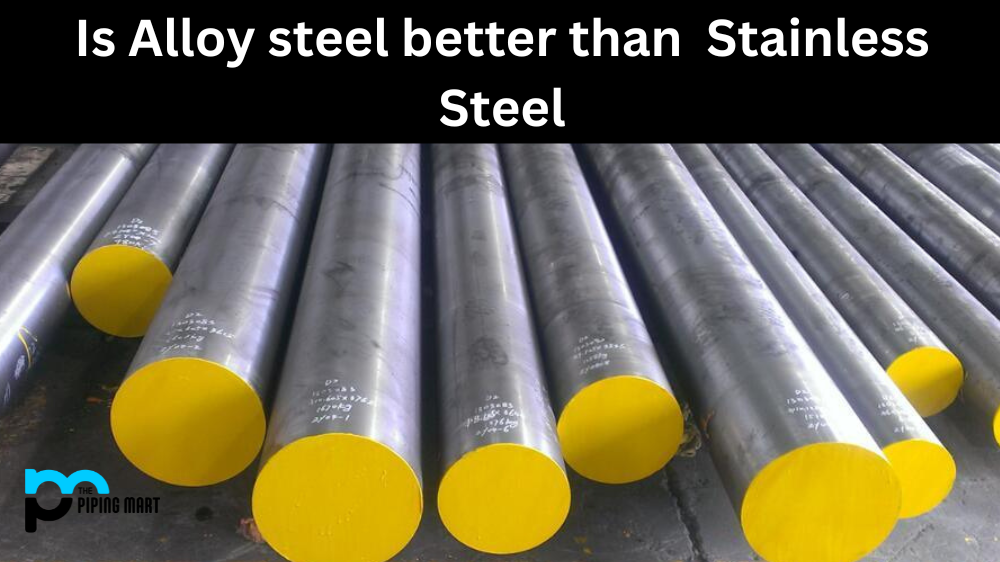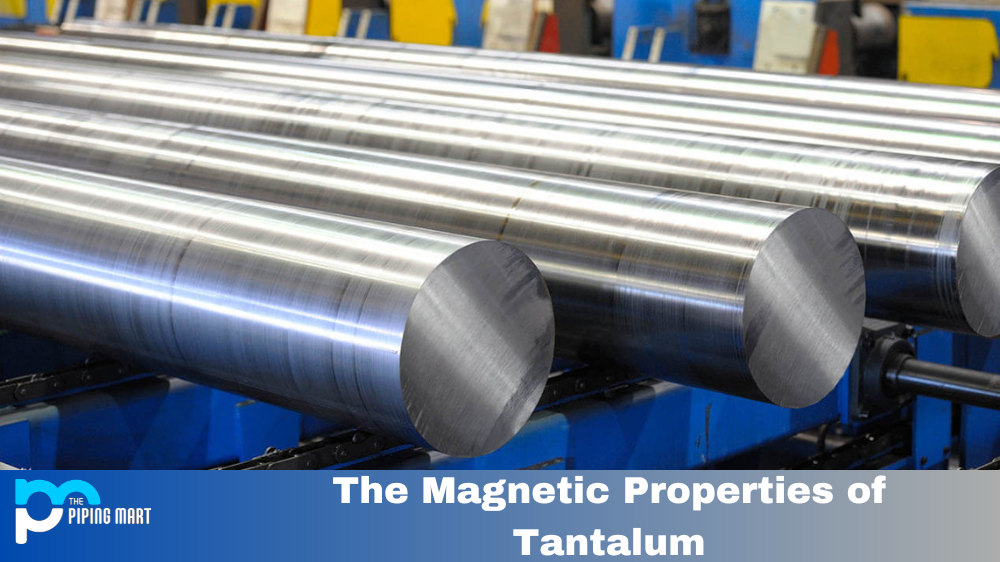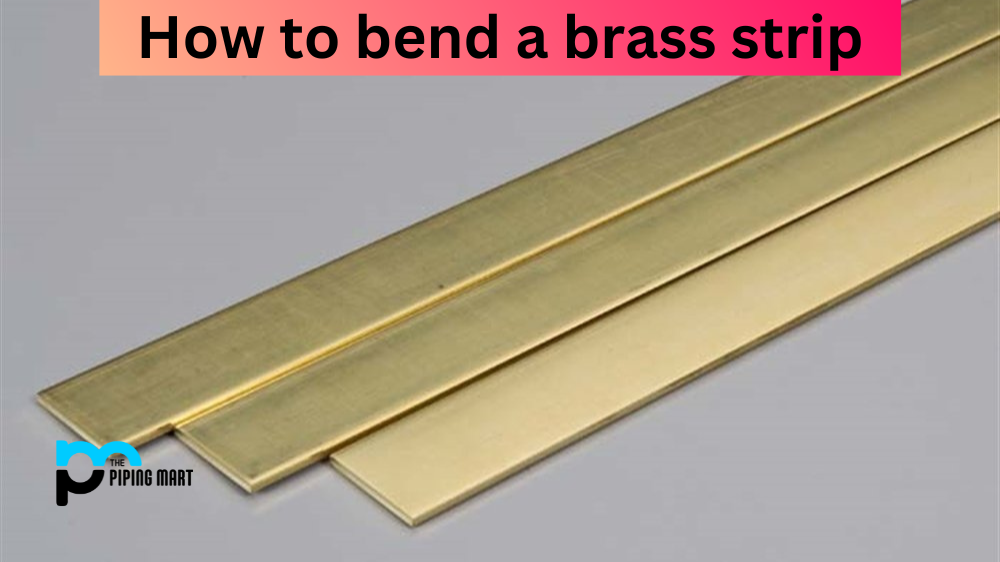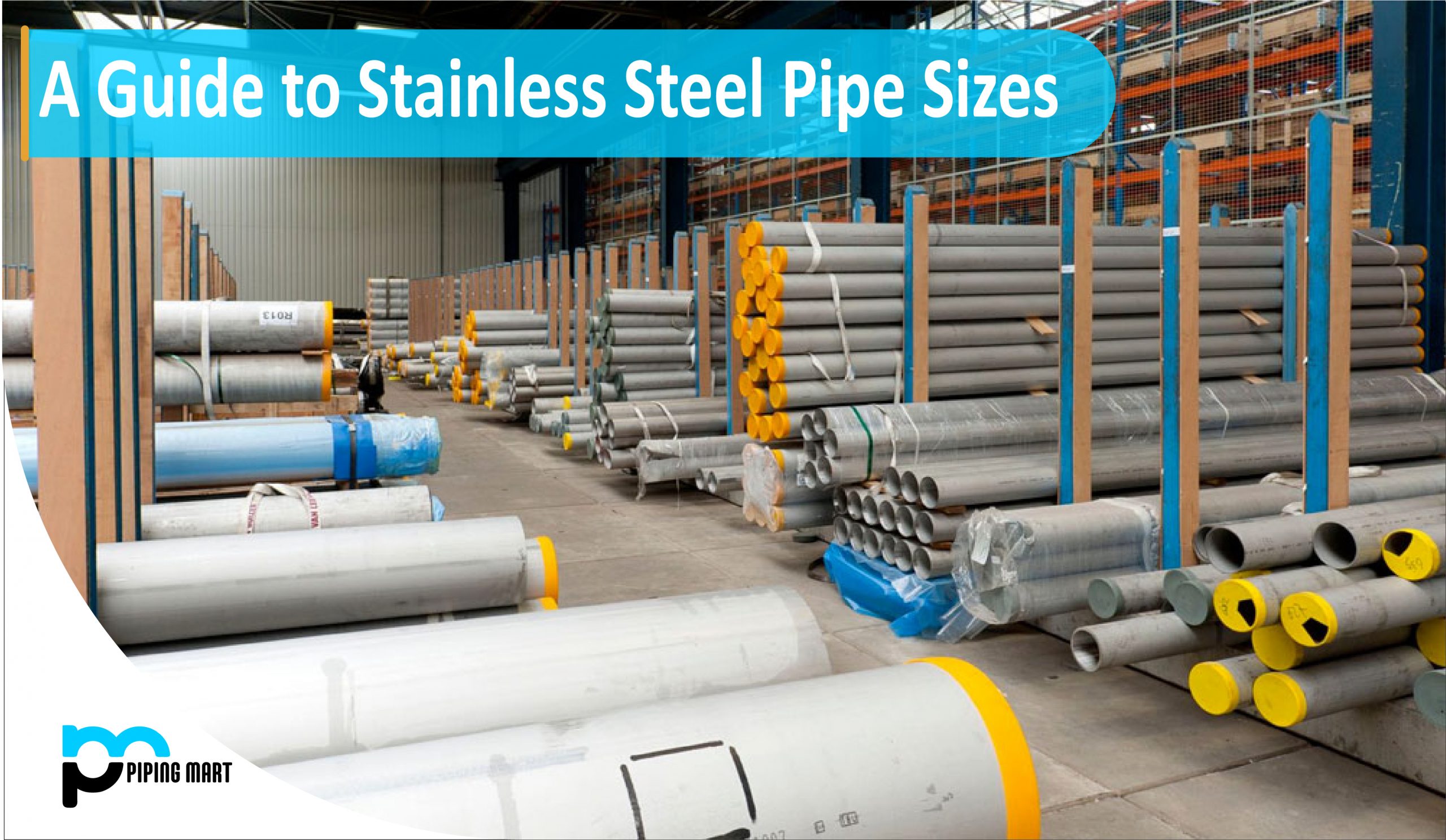It’s no secret that alloy and stainless steel are popular materials for various products. But which one is better? To answer that question, it’s essential to understand each material’s benefits and the different applications for which they are best suited. Let’s take a closer look at alloy vs stainless steel to see which is the better choice for your needs.
Basics of Alloy vs Stainless Steel
Alloy and stainless steel are metals made primarily from iron, with a few extra elements added for good measure. Alloy is an alloy of iron and other elements; its properties depend on the type of elements used in its construction. Stainless steel, on the other hand, is an alloy of iron, chromium, and nickel—all three metals must be present to qualify as stainless steel.
Benefits of Alloy vs Stainless Steel
The main benefit of alloy over stainless steel lies in its strength-to-weight ratio; alloys are lighter than stainless steel yet just as strong (or even more robust). This makes them ideal for applications where weight matters, such as in aircraft manufacturing or shipbuilding. Alloys are more ductile than stainless steel, meaning they can easily form shapes without cracking or breaking. As a result, alloys are often used to create intricate conditions or delicate components that require precision engineering.
On the other hand, the main benefit of stainless steel over alloy lies in its corrosion resistance; thanks to its high chromium content, stainless steel does not rust when exposed to water or air like regular carbon steels do. This makes it ideal for applications where corrosion resistance is essential—such as food processing equipment or medical tools—and also makes it perfect for use outdoors or in wet environments where rust could be an issue with regular alloys.
Conclusion:
In conclusion, alloy and stainless steel offer unique benefits and drawbacks depending on their intended application. If you need a lightweight metal that can be easily formed into intricate shapes without breaking or cracking, then alloy is probably your best bet. On the other hand, if you need a metal that won’t corrode when exposed to water or air, you should go with stainless steel instead! Ultimately, it all comes down to what you need the metal for; understanding these advantages will help you decide which material is best suited for your particular application.
Meet Heer, a dynamic and driven writer learning tricks of her trade in the metal industry. With a background in Digital Marketing, Heer brings a unique perspective to her writing, sharing valuable insights. Apart from blogging she like reading and hiking.




